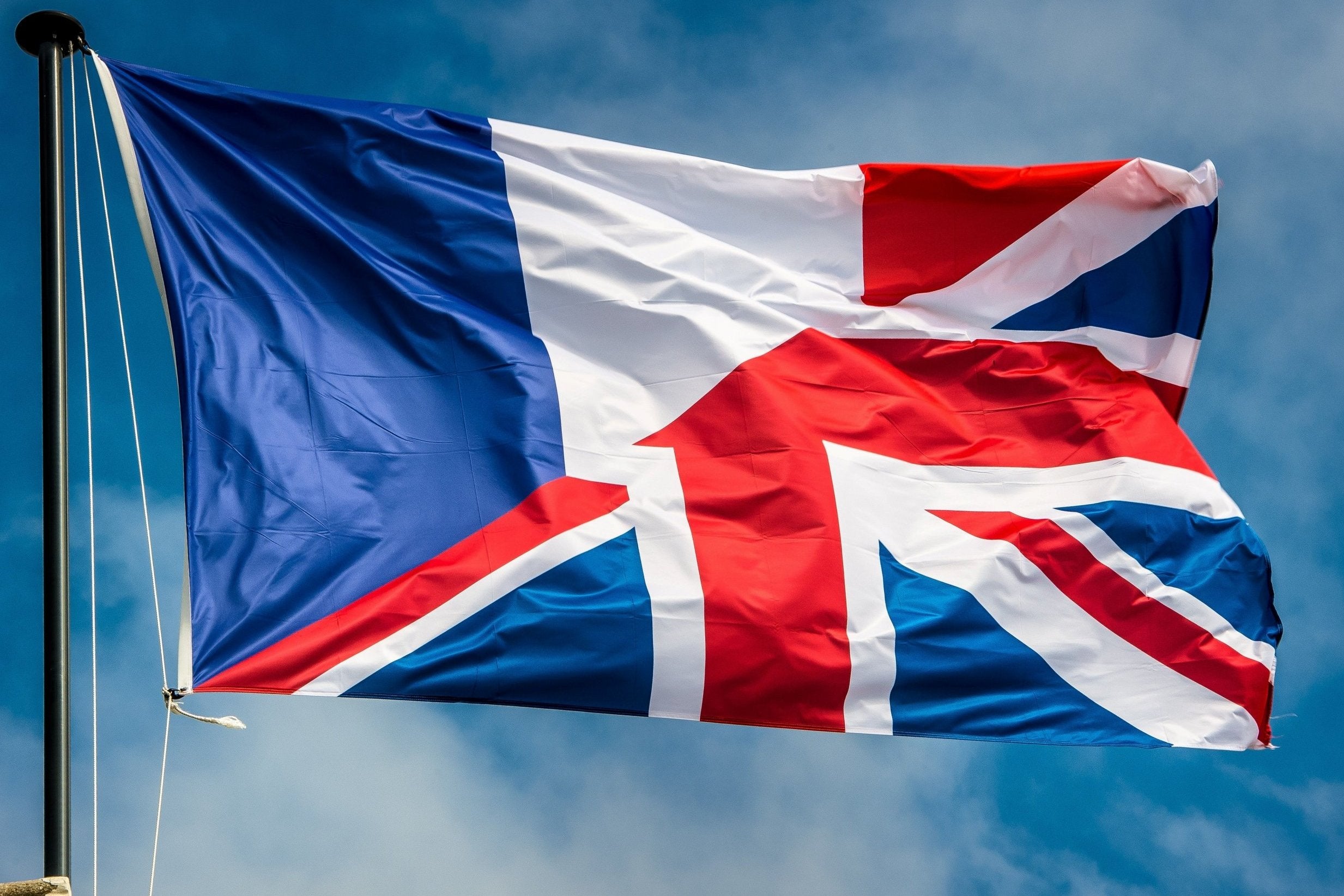The Independent's journalism is supported by our readers. When you purchase through links on our site, we may earn commission.
The Top 10: Proposed unions of countries
The state mergers that never got off the ground, including Australia and New Zealand, and Britain and France (yes, really)


Thanks to Zetetic Elench for suggesting this list of planned state mergers that were suggested but for which no one ever quite got round to completing the paperwork (although in some of the Arab cases they lasted nominally for some time). In no particular order...
1. Britain and Malta. In 1956 Malta voted in a referendum to become part of the UK. “It never happened, mainly because Britain couldn’t afford it,” said Ed West.
2. Britain and France. Churchill’s plan for union as an alternative to France’s surrender to Germany in 1940. Andrew Lilico added that in 1956, before the Suez invasion, Guy Mollet, the French prime minister, proposed it again, with Elizabeth II as head of state and a common citizenship. Anthony Eden rejected it. France signed the Treaty of Rome a few months later, setting up what is now the EU.*
3. Arab unions. Egypt and Syria formed the United Arab Republic 1958-71. They were joined 1958-61 by North Yemen (the Mutawakkilite Kingdom of Yemen). Iraq, having failed to federate with Jordan in 1958, tried to join in 1963, before joining a Unified Political Command with Egypt alone 1964-1966. Sudan joined the UAR briefly in 1970. The United Arab Emirates, formed in 1971, was the only successful union.
4. Southern Rhodesia and South Africa. Despite heavy pressure from the UK, Southern Rhodesia in 1922 voted against the union, and is now Zimbabwe. David Boothroyd asked: “Who would have thought referendums could go wrong?”
5. Intermarium, or Międzymorze, 1918-19. (Między, “between”; and morze, “sea”.) A planned federation of central and eastern European states proposed by Józef Piłsudski, the Polish leader, to counter the power of the Soviet Union. From the Baltic to the Adriatic and Black seas, it included the Baltic states, Belarus, Czech republic, Finland, Hungary, Romania, Ukraine and Yugoslavia. Nominated by Graham Kirby.
6. Kenya, Uganda, Tanganyika and Zanzibar. Proposed East African Federation, 1960-64. Tanganyika and Zanzibar merged as Tanzania in 1964, but the others dropped out.
7. Australia and New Zealand. Proposed many times, most recently by an Australian Federal Parliamentary Committee in 2006. The New Zealanders were not interested. Nominated by Y Y Zhu and Mike Mason.
8. Canada and the Turks and Caicos Islands, a British overseas territory. First proposed by Robert Borden, Canadian prime minister, in 1917. I am not sure why. Another from Y Y Zhu.
9. Bulgaria and the Soviet Union. Led by Todor Zhivkov, the Bulgarian Communist Party approved a plan to become the 16th republic of the USSR in 1963. Thanks to Alastair Warner, who also nominated the earlier attempt by Tito to merge Yugoslavia and Bulgaria, 1947-48.
10. Cuba, Puerto Rico and Dominican Republic. Antillean Confederation, 1869-70, proposed by Ramón Emeterio Betances, a Puerto Rican nationalist.
*Yes, I know the crowns of England and France were united at various times, but they were separate countries with only a dynastic connection.
There is always one, and this week it is Dan Frydman, who nominated the UK and the rest of the EU.
Next week: Famous schoolmates, such as Liz Kendall, Priti Patel and Geri Halliwell, who all attended Watford Grammar School for Girls at the same time
Coming soon: Surreptitious political recordings, starting with Peter Willsman, member of Labour’s National Executive, whose rant against rabbis for falsifying social media recently became public
The book of Top 10s, Listellany, is still available for £4.74 (e-book)
Your suggestions please, and ideas for future Top 10s, to me on Twitter, or by email to top10@independent.co.uk
Join our commenting forum
Join thought-provoking conversations, follow other Independent readers and see their replies
Comments
Bookmark popover
Removed from bookmarks